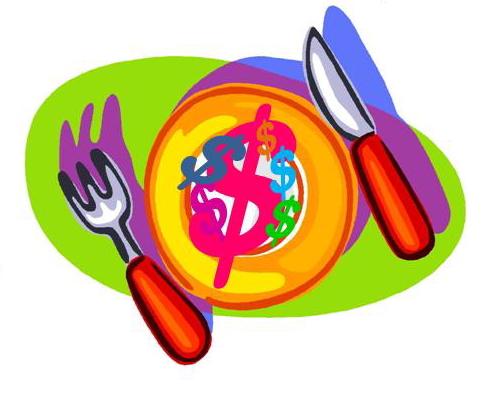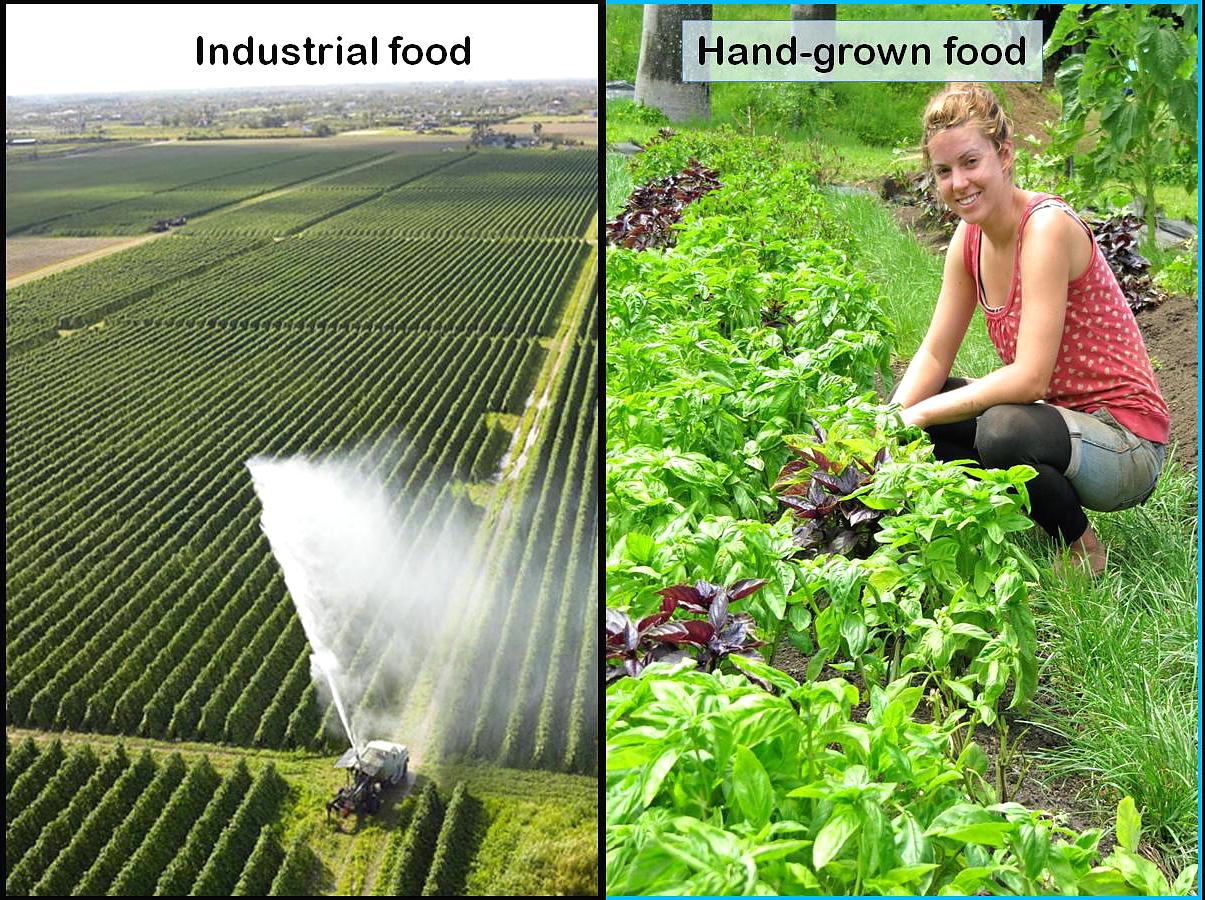By Jane Barthelemy.
We lament the high cost of healthy food. But perhaps there’s another way to look at it: Why do we even try to compare original foods prepared with care, to cheap, industrial foods? These are two completely different types of “food”, with huge nutritional differences. It makes no sense at all to compare Paleo hunt-and gather foods to factory farmed and junk “food”.
- Most large-scale industrial crops like corn, wheat, and soy are subsidized to the tune of billions. Their cheap price doesn’t reflect the real cost to produce them.
- Healthy food is sold at fair market price, but junk food prices can be artificially low due to subsidies. Sweeteners are a case in point: Many people lament the high price of chicory root sweetener, comparing it to subsidized corn sugars.
- It is more expensive to produce food that is alive with nutrition. Healthy soil makes healthy plants. The good work of real human hands costs more than industrial farming. We often don’t give small farmers credit for their contribution to our health.
- We don’t add in the hidden cost to the environment and to future generations of chemicals, pesticides, gmo, and mono-crops that deplete the soil. It’s hard to quantify, but the cost is real.
- We don’t consider the long-term detrimental effects of poor nutrition to our health and well-being. How can we measure the cost of a lifetime of poor health? What’s the price of a life with diabetes, obesity, heart disease, or being incapacitated? Should we include the pharmaceuticals and the high medical costs that result from poor food choices?
- Instead of looking at the food budget alone, why not measure ALL the costs of health and food together as one? And measure it over an entire human life. We would include all our groceries, medical expenses, pharmaceuticals, plus the hidden costs of lost health. When we consider all these hidden costs, maybe healthy food is the only reasonable choice – in fact it seems inexpensive!
Here’s an interesting article excerpted from LivingSuperHuman.com.
A Grain of Truth: How the Government Pays You to Eat Junk Food
Why would the US Government and USDA continue to push grains, grain-based products, and vegetable oils on the American people if their recommendations are only leading to rising obesity and disease rates? The answer may lie in subsidies.
The Environmental Working Group compiled a list of the most financially supported subsidies in the US from 1995-2011. A subsidy essentially means that the US Government pays farmers money to produce certain foods. The list shows which food producers have received the most money over the last 15 years.
|
Subsidy |
Total Money Received from 1995-2011 |
|
Corn and Corn Sugars |
$81.7 Billion |
|
Wheat |
$34.4 Billion |
|
Cotton |
$32.3 Billion |
|
Soy |
$26.4 Billion |
|
Rice |
$13.3 Billion |
|
Dairy |
$4.9 Billion |
To put this chart in simpler terms, the government pays our tax money to food producers in order to make bread, cereal, pasta, candy, cookies, and soda very cheap for us in the grocery store. The foods we should be eating, like vegetables and grass-fed beef, receive little to no government support.
This is a key reason why healthy food ends up seeming very expensive. In reality, healthy food is sold at fair market price, but most junk food prices remain artificially low due to subsidies.
This places the government in a tricky situation. To change their nutritional recommendations, they’ll have to contradict decades of their own nutritional advice and billions of dollars of financial support. They’ll have to work with corporate giants like Monsanto, Kellog’s, and General Mills, probably some of the key reasons why the subsidies exist in the first place.
Government agencies are in a tough spot to objectively evaluate good research on health and nutrition. For now, we will have to continue to educate ourselves about the health risks of industrial grains, grain-based products, and vegetable oils.






No Replies to "Why is healthy food so expensive?"